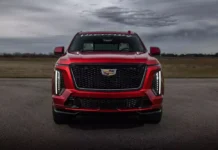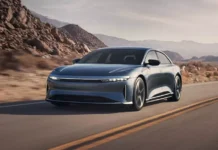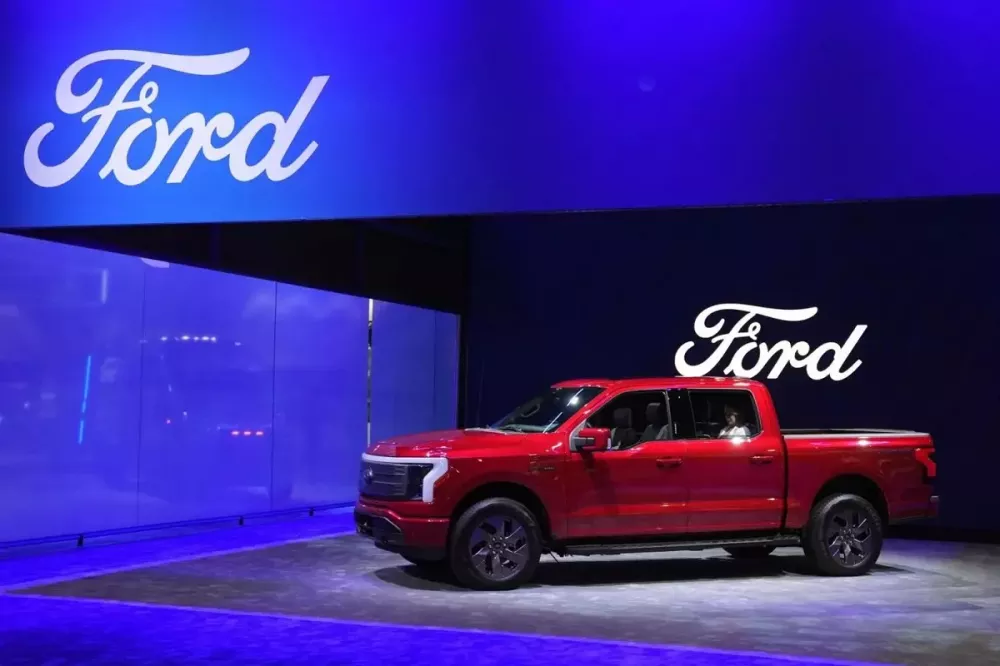Ford Electric Vehicle Division Reports Soaring Losses
Ford’s electric vehicle (EV) division reported a widening loss in the first quarter of 2024, escalating to $1.3 billion. The electric vehicle branch of Ford sold 10,000 vehicles during this period, resulting in a loss of approximately $132,000 per electric car sold in Q1. This, in turn, contributed to an overall decline in the company’s earnings.
In line with most automakers, Ford has announced plans to transition from traditional gasoline- and diesel-powered vehicles to electric vehicles over the coming years. It is also the only legacy automaker to achieve a breakthrough in retail EV sales. However, the results reported on April 24, 2024, show another sign of the profit pressures facing Ford’s electric vehicle operations specifically and automakers in general.
Ford’s dedicated EV unit, Model e, sold 10,000 vehicles in Q1 2024, a 20% decrease year-over-year. The unit’s revenue also plunged by 84% to around $100 million, largely due to price cuts across the electric vehicle industry. These factors led to a pretax and interest loss of $1.3 billion and a significant per-vehicle loss for Model e.
Ford’s Chief Financial Officer, John Lawler, stated that the price war on electric vehicles over the past year and a half has made it increasingly difficult to turn a profit. He indicated that Ford had cut $5,000 per unit from the cost of a Mustang Mach-E electric vehicle, but “revenue is declining faster than we are able to offset costs.”
In 2023, the Ford Model e division reported a full-year pretax and interest loss of $4.7 billion on sales of 116,000 EVs. This equates to an average loss of $40,525 per electric vehicle sold, just over one-third of the per-vehicle loss in the first quarter of 2024.
Model e is not solely responsible for the company’s electric vehicle sales. Some vehicles are also sold through Ford Pro, the division dedicated to selling to businesses and governments. Ford cited strong demand for electric vehicles from commercial and government customers. For instance, Ford has received an order for 9,250 E-Transit electric vans from the U.S. Postal Service, with deliveries slated for later this year. Additionally, global sustainability firm Ecolab has placed orders for over 1,000 Ford F-150 Lightning and Mustang Mach-E electric vehicles.
Despite the EV losses, Ford CEO Jim Farley said during an earnings call that the company is making changes to its electric vehicle operations and promised that the next generation of electric vehicles in the company’s pipeline would enable Ford to make a profit on the business in the near future.
Ford Pro, which primarily sells vehicles with traditional internal combustion engines, was the profit driver for the Detroit automaker in Q1 2024. Ford Pro reported a pretax profit of $3 billion, more than double the amount from the same period last year. The unit’s revenue surged by 36% to $18 billion. Ford Pro’s vehicle sales increased by 21% over the first three months of the year to 409,000 units.
Meanwhile, Ford Blue, the division focused on gasoline-powered consumer vehicles, reported a sales decline of 11% to 626,000 units, with revenue dropping by 13% to $21 billion. This resulted in a near two-thirds reduction in Ford’s pretax profit from its traditional vehicle operations, to $905 million.
Combined, Ford Blue and Ford Pro produced a profit roughly equal to a year earlier, but Model e’s widening loss dragged Ford’s overall net income down by 20% to $1.3 billion.
Earlier this week, Ford’s rival General Motors reported that it is still on track to reach profitability on its North American electric vehicle business in the second half of this year. Meanwhile, Stellantis, the conglomerate that owns brands including Jeep, Ram, Dodge, and Chrysler, said that its European electric vehicle operations achieved profitability last year.
On April 23, 2024, Tesla, the world’s largest electric vehicle manufacturer, announced an adjusted earnings decline of 48% in the first quarter of the year as revenue fell by 9%. Tesla also reported its first year-over-year decline in electric vehicle deliveries since the early days of the Covid-19 pandemic.









































